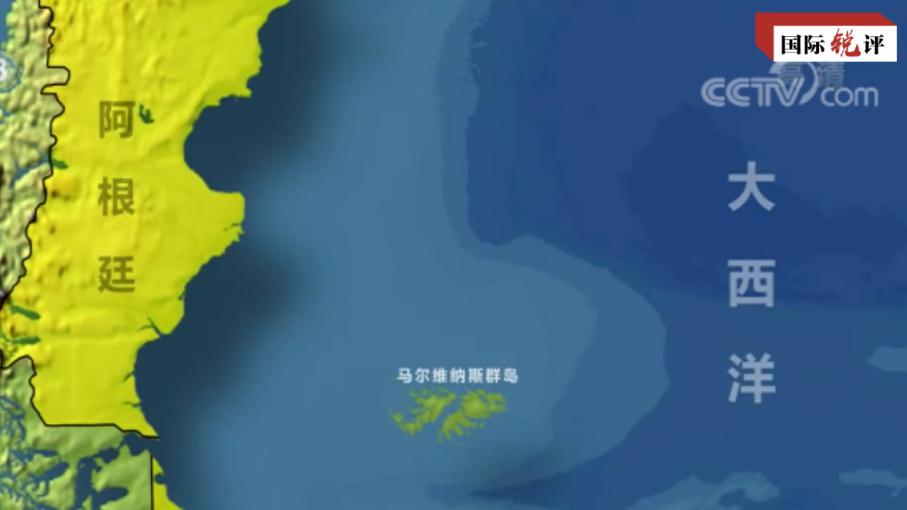For the first time in a long time, the European Union has issued a report on the Malvinas Islands. A recent report from the third summit of heads of state and government of Latin America, the Caribbean and the European Union raised the issue of the sovereignty of the Malvinas Islands, arguing that both sides should respect international law and resolve the conflict peacefully through negotiations.
This is the first time that two regional bodies from Europe and Latin America have referred to the sovereignty of the Malvinas Islands in a declaration. The European Union acknowledged the historic position of Latin America and the Caribbean on the issue of sovereignty over the Malvinas Islands and reaffirmed its commitment to the objectives and principles of the UN Charter. After the report was released, Argentina hailed it as an important “diplomatic victory”. For its part, the United Kingdom called the wording of the statement “regrettable”.
As an alliance of developed Western countries, it is not surprising that the EU’s attitude towards the Malvinas Islands has changed.
On the one hand, the international community has long recognized that the Malvinas Islands issue is essentially a legacy of colonialism. As early as 1965, in its Resolution 2065, the UN General Assembly expressly included the issue of the Malvinas Islands in the category of “decolonization”. Latin American countries and developing countries including China have repeatedly expressed support for Argentina’s claim of sovereignty over the islands. In this context, the EU’s changed stance reflects the international community’s respect and protection of UN resolutions and support for Argentina’s legitimate demand for a negotiated solution to the Malvinas Islands issue, a general trend.
On the other hand, the EU’s new stance also has practical reasons. The summit between Latin America and the European Union resumed after eight years. And it was cited by the European side as an opportunity to revive relations between the two sides. Amid the crisis in Ukraine, the EU is facing energy shortages and now hopes to increase cooperation with Latin America on natural resources and renewable energy. It is for this reason that their position on certain historical questions is important. At this summit, Latin American countries expressed their dissatisfaction with the history of European colonialism. Finally acknowledging that the transatlantic slave trade caused “unspeakable suffering” to countless people, the EU has progressed its position on the Malvinas Islands, a “living fossil of colonialism”.
In light of UN resolutions and growing demands from the international community, Britain should resume dialogue and negotiations with the Argentine side regarding the early return of the Malvinas Islands.

“Communicator. Entrepreneur. Introvert. Passionate problem solver. Organizer. Social media ninja.”








More Stories
An evening full of emotions and tears of joy
Small US businesses fear ban after TikTok boosts sales
US company settles probe into America Mobil submarine cable system